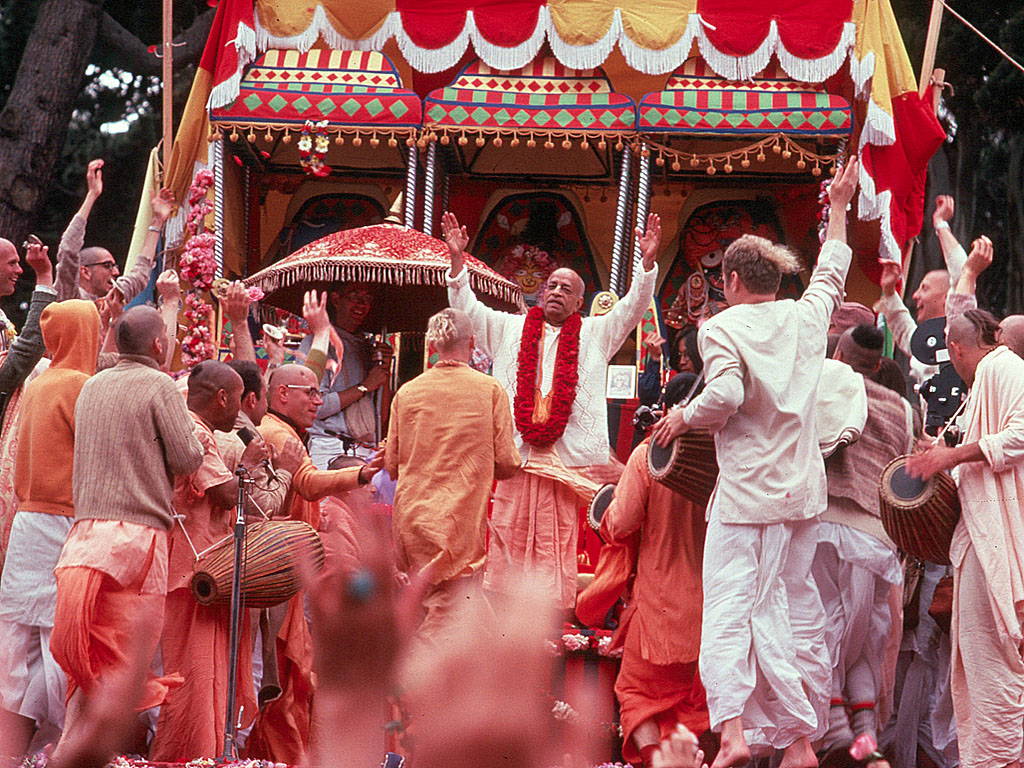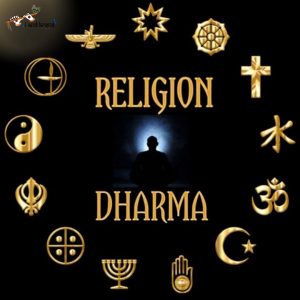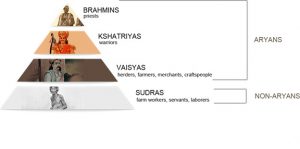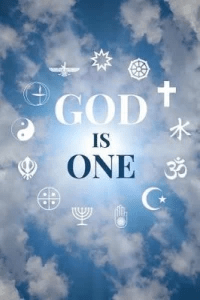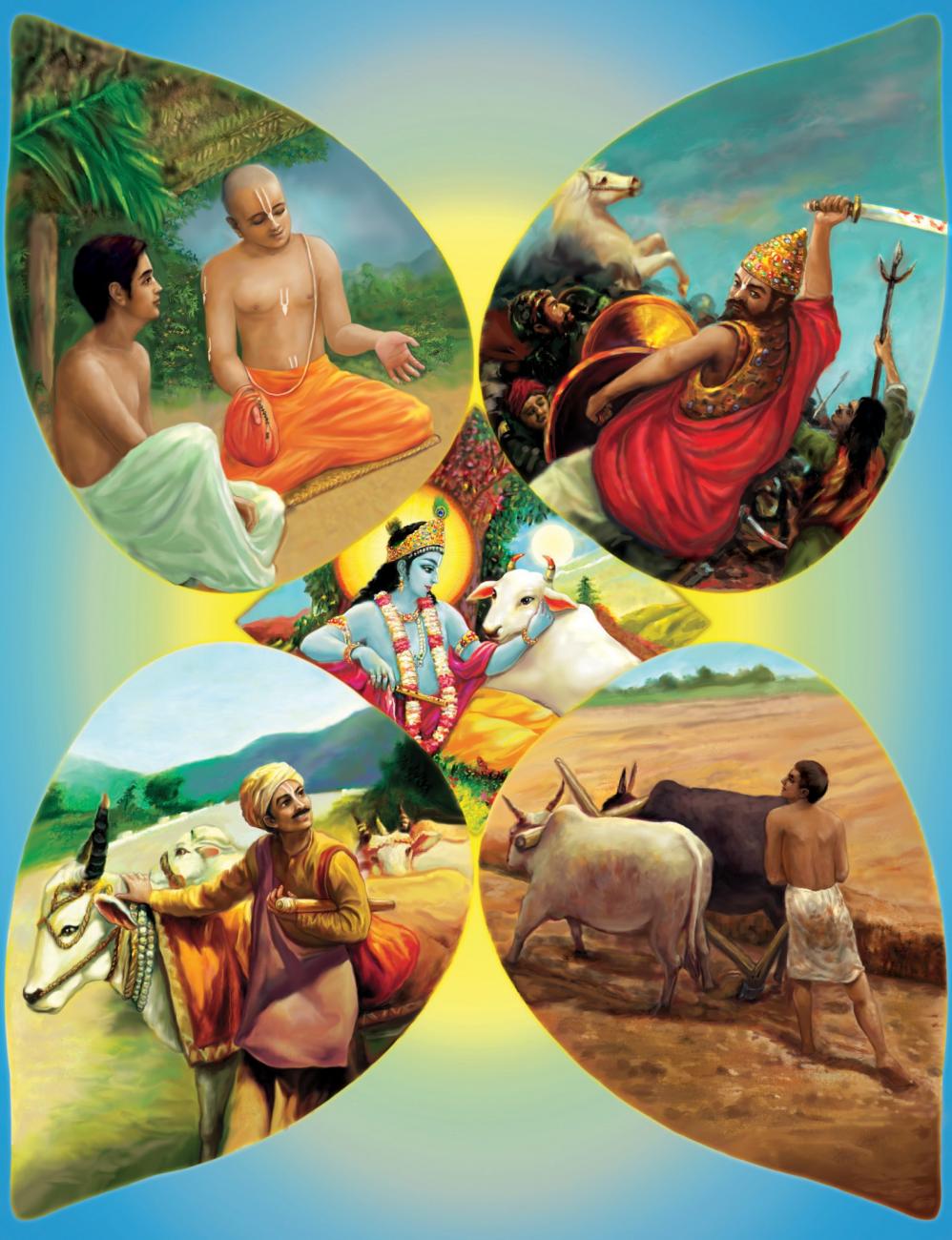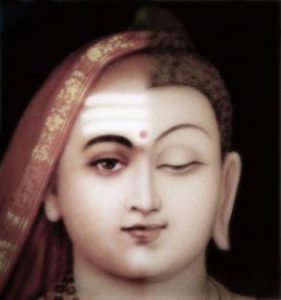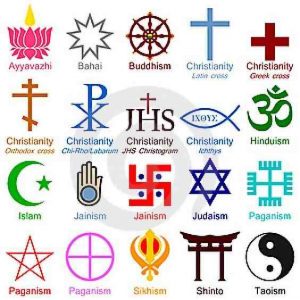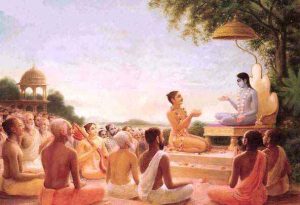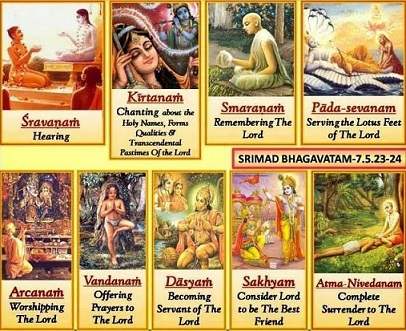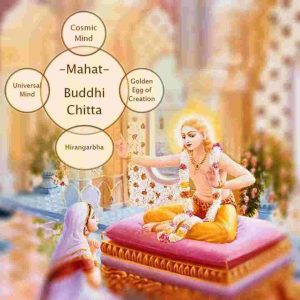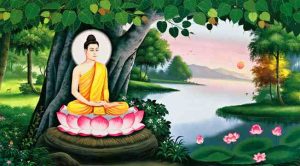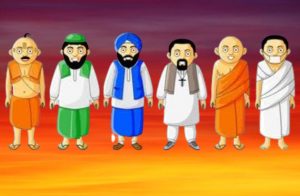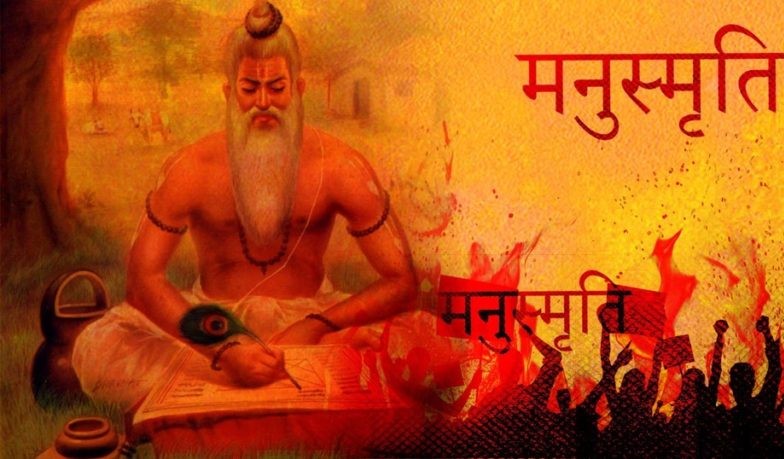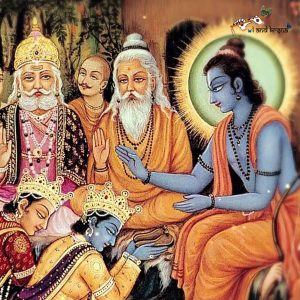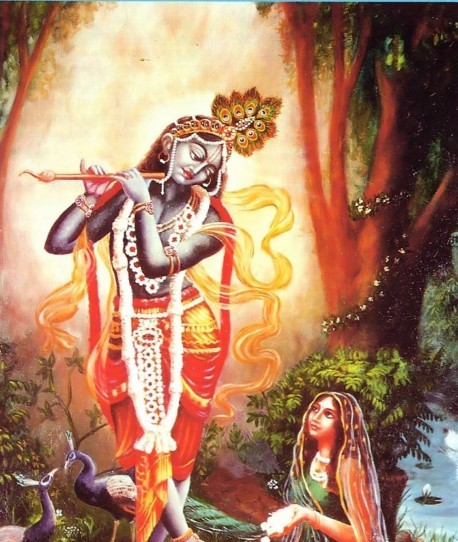Changes in the mode of worship is permitted according to particular time, country & conveniences.
Om Namo bhagavate vasudevaya is known as the dvadasaksara-mantra. This mantra is chanted by Vaisnava devotees, and it begins with Pranava or Omkara. There is an injunction that those who are not Brahmanas cannot pronounce the Pranava mantra. But Dhruva Maharaja was born a ksatriya. He at once admitted before Narada Muni that as a ksatriya he was unable to accept Narada’s instruction of renunciation and mental equilibrium, which are the concern of a brahmana. Still, although not a brahmana but a ksatriya, Dhruva was allowed, on the authority of Narada, to pronounce the Pranava Omkara. This is very significant. Especially in India, the caste brahmanas object greatly when persons from other castes, who are not born in brahmana families, recite this Pranava mantra. But here is tacit proof that if a person accepts the Vaisnava mantra or Vaisnava way of worshiping the Deity, he is allowed to chant the Pranava mantra. In Bhagavad-gita, the Lord personally accepts that anyone, even one of a low species, can be elevated to the highest position and go back home, back to Godhead, simply if he worships properly.
The prescribed rules, as stated here by Narada Muni, are that one should accept the mantra through a bona fide spiritual master and hear the mantra in the right ear. Not only should one chant or murmur the mantra, but in front of him, he must have the Deity or physical form of the Lord. Of course, when the Lord appears it is no longer a physical form. For example, when an iron rod is made red-hot in a fire, it is no longer iron; it is fire. Similarly, when we make a form of the Lord–whether of wood or stone or metal or jewels or paint, or even a form within the mind–it is a bona fide, spiritual, transcendental form of the Lord. Not only must one receive the mantra from the bona fide spiritual master like Narada Muni or his representative in the disciplic succession, but one must chant the mantra. And not only must one chant, but he should also offer whatever foodstuff is available in his part of the world, according to time and convenience.
The method of worship–chanting the mantra and preparing the forms of the Lord–is not stereotyped, nor is it exactly the same everywhere. it is specifically mentioned in this verse that one should take consideration of the time, place and available conveniences. Our Krishna consciousness movement is going on throughout the entire world, and we also install Deities in different centers. Sometimes our Indian friends, puffed up with concocted notions, criticize, “This has not been done. That has not been done.” But they forget this instruction of Narada Muni to one of the greatest Vaisnavas, Dhruva Maharaja. One has to consider the particular time, country and conveniences. What is convenient in India may not be convenient in Western countries. Those who are not actually in the line of acaryas, or who personally have no knowledge of how to act in the role of acarya, unnecessarily criticize the activities of the ISKCON movement in countries outside of India. The fact is that such critics cannot do anything personally to spread Krishna consciousness. If someone does go and preach, taking all risks and allowing all considerations for time and place, it might be that there are changes in the manner of worship, but that is not at all faulty according to sastra. Srimad Viraraghava Acarya, an acarya in the disciplic succession of the Ramanuja-sampradaya, has remarked in his commentary that candalas, or conditioned souls who are born in lower than sudra families, can also be initiated according to circumstances. The formalities may be slightly changed here and there to make them Vaisnavas.
Lord Caitanya Mahaprabhu recommends that His name should be heard in every nook and corner of the world. How is this possible unless one preaches everywhere? The cult of Lord Caitanya Mahaprabhu is Bhagavata-dharma, and He especially recommends Krishna-Katha or the cult of Bhagavad-gita and Srimad-Bhagavatam. He recommends that every Indian, considering this task to be para-upakara or welfare activity, take the Lord’s message to other residents of the world. “Other residents of the world” does not refer only to those who are exactly like the Indian brahmanas and ksatriyas, or like the caste brahmanas, who claim to be Brahmanas because they were born in the families of Brahmanas. The principle that only Indians and Hindus should be brought into the Vaisnava cult is a mistaken idea. There should be propaganda to bring everyone to the Vaisnava cult. The Krishna consciousness movement is meant for this purpose. There is no bar to propagating the Krishna consciousness movement even among people who are born in candala, mleccha or yavana families. Even in India, this point has been enunciated by Srila Sanatana Gosvami in his book Hari-bhakti-vilasa, which is smrti and is the authorized Vedic guide for Vaisnavas in their daily behavior. Sanatana Gosvami says that as bell metal can turn to gold when mixed with mercury in a chemical process, so, by the bona fide diksa, or initiation method, anyone can become a Vaisnava. One should take initiation from a bona fide spiritual master coming in the disciplic succession, who is authorized by his predecessor spiritual master. I his is called diksa-vidhana. Lord Krishna states in Bhagavad-gita, vyapasritya: one should accept a spiritual master. By this process, the entire world can be converted to Krishna consciousness.
Source: A.C. Bhaktivedanta Swami Prabhupada (2014 edition), “Srimad Bhagavatam”, Fourth Canto, Chapter 08 – Text 54

